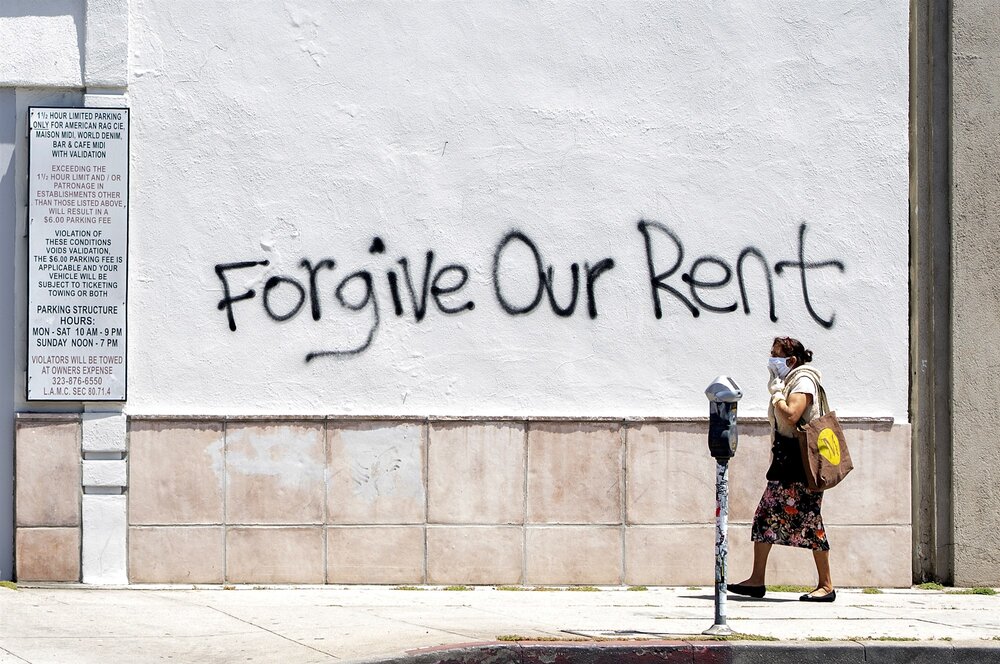A tsunami of evictions is looming in U.S.
The distress among renters likely to surge this summer when federal unemployment benefits run dry

As businesses reopen across the U.S., so are eviction courts with millions walking the fine thin line between homelessness and having a shelter over their head. Today, it is estimated that anywhere from 20 million to 28 million American renters are perilously close to eviction.
Homelessness was a pre-existing crisis. Before the Covid-19 struck, four evictions were filed every minute in 2016 when the unemployment rate was 4.7 percent, according to Eviction Lab at Princeton University.
Today the unemployment is close to three times that level as the U.S is wrestling with an economic collapse not seen in a generation. Many major cities in the U.S. will face a wave of evictions as government relief payments and legal protections run out for millions of out-of-work Americans who have a little financial cushion and few choices when looking for new housing.
Though many states enacted a patchwork of temporary eviction moratoriums and the federal government issued a partial ban on evictions, these moratoriums are quickly expiring.
Hardest hit are tenants whose housing costs ate up more of their paychecks. Many workers laid off in March due to coronavirus outbreak are finding eviction notice on their door.
Though about 90 percent of renters made full or partial rent payments by late May, the trend is unlikely to continue. More than 38 million people have filed jobless claims since March, including a high proportion of people living in households making less than $40,000 a year.
In a survey released in May by the American Census Bureau, nearly a quarter of respondents said they missed their last rent or mortgage payment. Making one wonder if another homeownership crisis is ahead with foreclosures once the pandemic slows down and the economic repercussions of lockdowns begin.
Without government intervention, it will be hard to avoid a wave of eviction in America. A $3 trillion coronavirus relief bill backed by House Democrats includes a proposal to dedicate $100 billion for rental assistance. Republicans have criticized the package as too costly, and it is unlikely to pass in its current form, reports The New York Times.
Some argue that the federal government has already done enough, in the form of the stimulus checks and a $600 weekly boost to unemployment payments. The $600 weekly payments from the Federal Pandemic Unemployment Compensation program were put in place as part of the $2.2 trillion CARES Act Congress passed in late March. These benefits are set to expire end of July.
Many landlords say they were working with their tenants, waiving late fees advocating government cover missed rent. Still, landlords have bills to pay too.
Indeed, the poor people all over the world were hit hardest by job losses amid lockdowns. Which brings to the question of whether megacities and pandemic epicenters like New York City can avoid a post-coronavirus exodus?
Just like Covid-19 infections, the Black and Latin families in America are bound to experience a disproportionate impact in this housing crisis, unless solutions are put in place. Housing Solutions for the minority group should be picked up while there is momentum left in the “Black Lives Matter” movement. Evicting people in the middle of a global health crisis puts them at greater risk of contracting and spreading Covid-19.
The truth is the American nation and government is failing them. And not for the first time.
